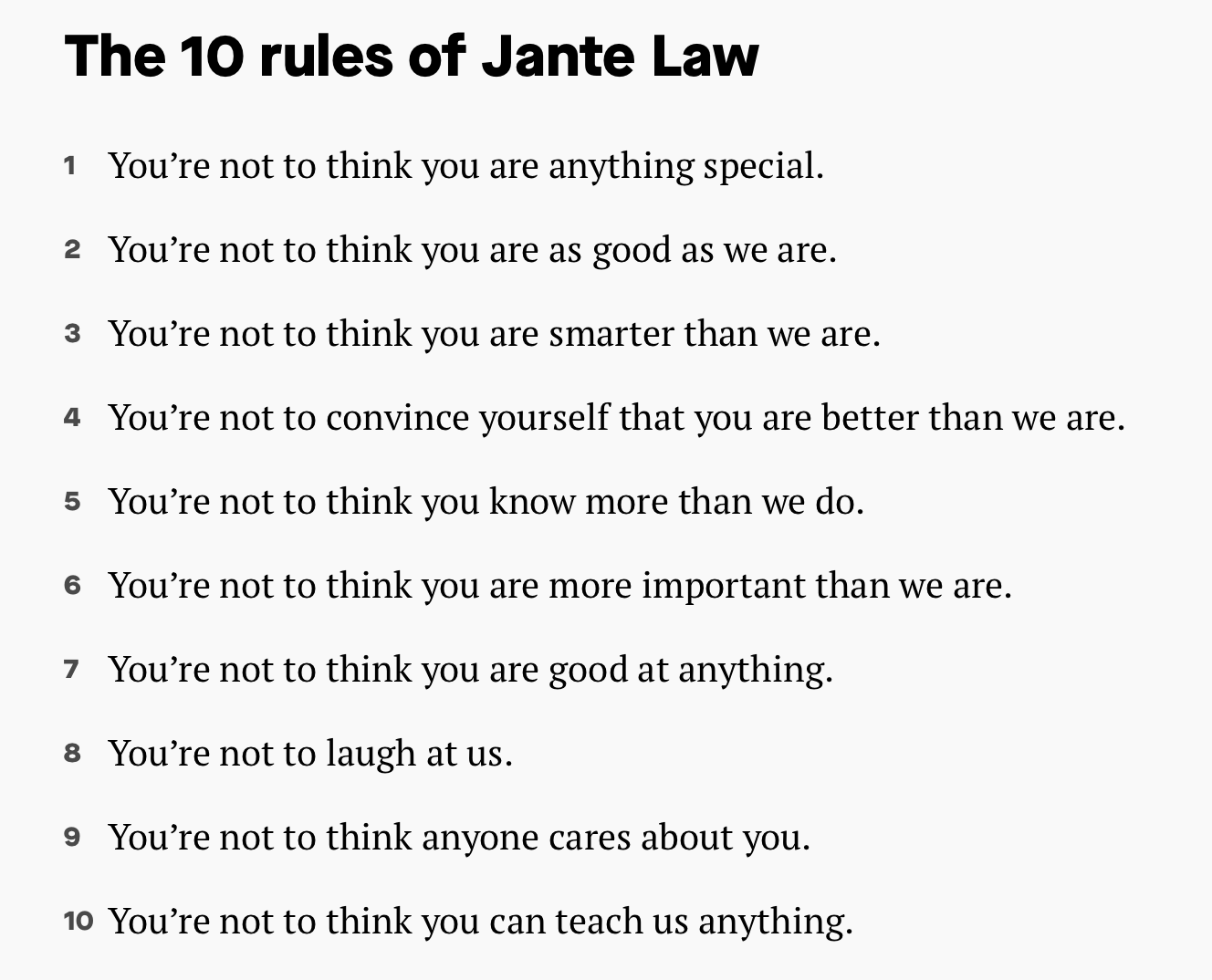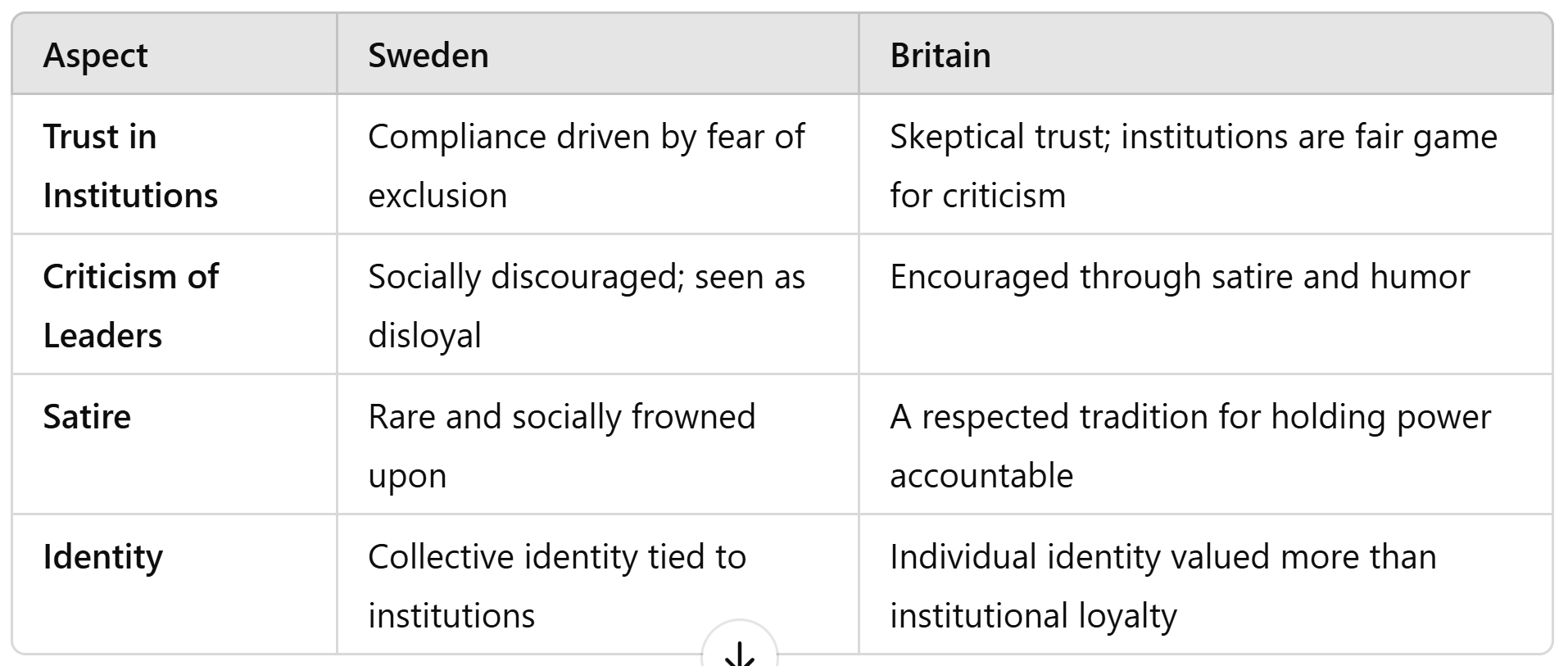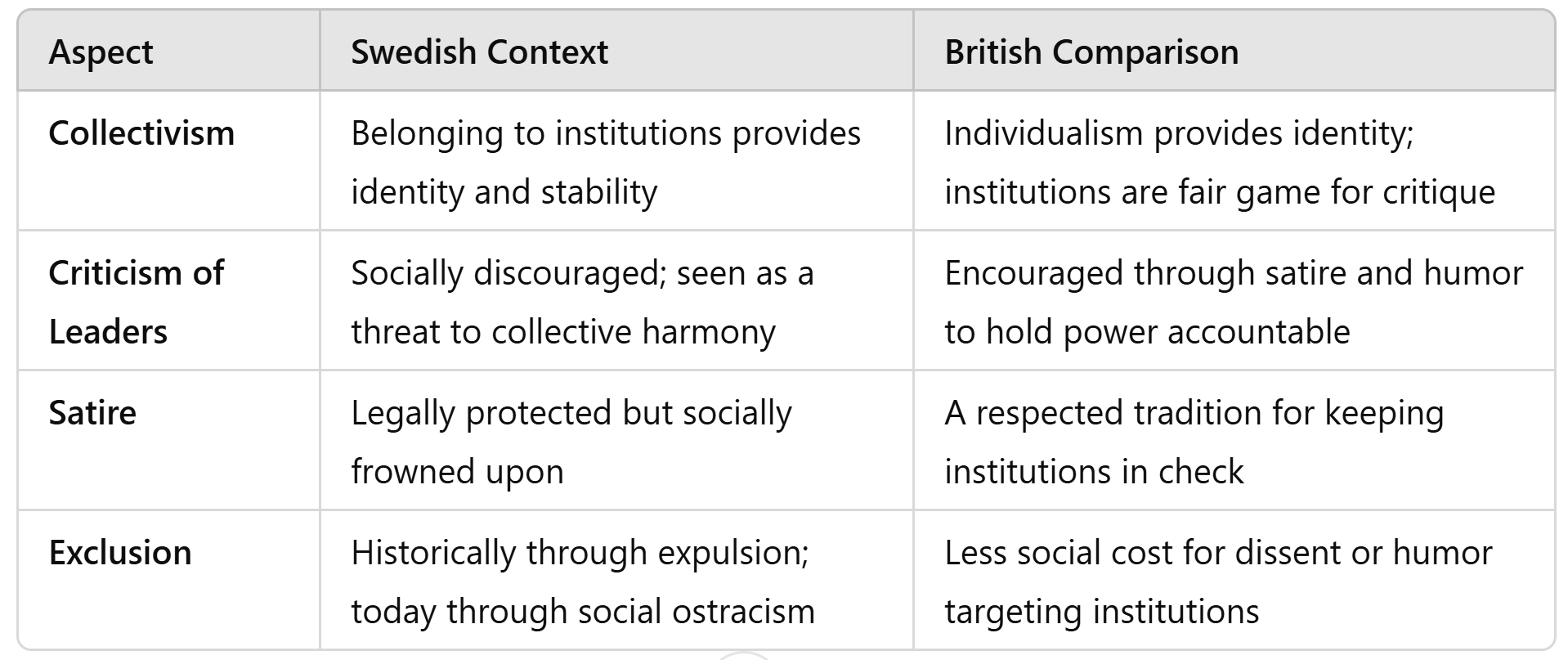|
|
|
|
Let’s dig deeper into this paradox of
institutional trust vs. fear of exclusion by
exploring historical control practices,
collective conformity, and how these dynamics
persist in modern Swedish society.
> 1. Historical Roots: The Church’s
“Husförhör” as Social Control
From the late 17th century until the mid-19th
century, the Church of Sweden conducted
mandatory “husförhör” (house inspections),
where priests would visit households to assess
their religious knowledge, moral
behavior, and loyalty to the Church and the
Crown. These inspections were far more than
religious checkups — they were mechanisms of
social control.
During the husförhör, individuals were
expected to confess personal matters, such
as:
- Their knowledge of the Bible and catechism
- Their moral conduct and lifestyle
- Family conflicts, financial struggles, or
any issues that could indicate disloyalty
The results of these inspections were recorded
in parish books that functioned as early
population registries. These records
influenced a person’s reputation and
social standing in the community.
What Was at Stake?
Failure to meet the Church’s expectations could
result in public shame, social
exclusion, or even expulsion from the
community. This created a culture of fear
and conformity, where individuals disclosed
intimate details of their lives to
authorities in hopes of being seen as loyal
and accepted.
Thus, trust in institutions wasn’t really
trust — it was fear-based compliance.
> 2. Fear of Exclusion: A Persistent Theme
in Swedish Society
The fear of exclusion from the collective
has remained a core feature of Swedish
culture, even as Sweden transitioned into a
secular welfare state. This underlying
fear manifests in both historical and
modern contexts.
|
Historical Context
(1700s-1800s) |
Modern Context
(1900s-Present) |
|
Husförhör (House
Inspections) |
State Surveillance and
Social Registers |
|
Fear of exclusion by the Church |
Fear of exclusion from the
welfare system and society |
|
Public shame for non-compliance |
Social ostracism for dissent or
non-conformity |
|
Even today, Swedes have a deep cultural fear
of standing out or breaking from consensus —
not necessarily because they trust the
institutions, but because they fear losing
their place within the collective.
This fear is not unlike the dynamic seen in
communist regimes, where citizens disclosed
personal information to authorities out of fear
of punishment or exclusion, not genuine trust.
> 3. Conformity vs. Trust: Why Criticism
of Institutions is Rare
Swedish society’s collectivist mindset means
that belonging to the collective is a source
of identity and security. However, this
creates a paradox: while the modern
Swedish state guarantees freedom of speech,
social norms discourage criticism of
institutions or leaders because it risks
social exclusion.
This dynamic can be explained by two key
mechanisms:
A. Jantelagen (“The Law of Jante”)
Jantelagen is a cultural norm that discourages
individuals from standing out or questioning
authority. It promotes social equality and
humility, but it also suppresses dissent and
innovation.

B. Consensus Culture
Swedish society values consensus and social
harmony. Challenging authority or
institutions is often seen as disruptive
and can lead to social isolation.
As a result, criticism of institutions is
rare, not necessarily because people trust
them, but because they fear being excluded
from the collective if they challenge the
status quo.
> 4. The Welfare State: Trust or
Dependency?
In modern Sweden, the welfare state
functions as a new form of institutional
belonging. Swedes are expected to rely on
the state for healthcare, education, social
security, and more. However, this reliance
comes with an implicit expectation of loyalty
and compliance.
Fear of Exclusion in Modern Institutions:
- Social Benefits: Losing access to
welfare services can result in social
exclusion and economic hardship.
- Population Registers: Sweden still has
one of the world’s most comprehensive
population registration systems, tracking
citizens’ movements, income, and social
status.
- Employment and Social Circles:
Questioning the collective consensus or
challenging social norms can result in
being ostracized from professional and social
networks.
Thus, modern trust in institutions is often
more about dependence than genuine faith in
their fairness.
> 5. Why There’s No “Monty Python” in
Sweden
One striking example of this dynamic is the
lack of political or institutional satire in
Sweden, compared to Britain or the U.S..
Why is satire socially unacceptable in
Sweden?
- Institutions are seen as part of the
collective identity — mocking them feels like
mocking the community itself.
- Criticism of authority is perceived as
disloyal or disruptive to social harmony.
- Consensus culture suppresses dissent —
people are expected to agree quietly, even
if they have doubts.
This is why Swedish humor tends to avoid
political satire and instead focuses on
self-deprecation or light-hearted jokes.
Mocking institutions or authority figures
can make a person seem disloyal or
untrustworthy — a remnant of the old fear of
exclusion.
> 6. Comparison: Swedish Collectivism vs.
British Individualism
>
|
Aspect |
Sweden |
Britain |
|
Trust in Institutions |
Compliance driven by fear of
exclusion |
Skeptical trust; institutions
are fair game for criticism |
|
Criticism of Leaders |
Socially discouraged; seen as
disloyal |
Encouraged through satire and
humor |
|
Satire |
Rare
and socially frowned upon |
A
respected tradition for holding
power accountable |
|
Identity |
Collective identity tied to
institutions |
Individual identity valued more
than institutional loyalty |
|
> Conclusion: Fear, Not Trust, as the
Basis of Institutional Relations
In Sweden, the relationship between
individuals and institutions has historically
been shaped by fear of exclusion rather than
genuine trust. The husförhör inspections by
the Church established a culture of compliance
and disclosure, which persists today in
modern forms of institutional dependence.
While Swedish collectivism provides stability
and social cohesion, it also suppresses
dissent and discourages criticism of
authority. This creates a society where
individuals rely on institutions out of fear
of exclusion, rather than trust in their
fairness or benevolence.
In essence, Swedes disclose themselves to
institutions — not because they trust them, but
because they fear what happens if they don’t.
This is a quiet, invisible form of social
control, maintained not by force, but by the
ever-present threat of exclusion from the
collective. |
|
|
|
|
The core reason for this is that Swedish
collectivism provides identity. In a society
where belonging to the collective is central
to one's social standing, criticizing the
collective or its leaders risks being
perceived as a rejection of the shared
identity.
Historically, those who challenged the church
or government were expelled from Sweden. While
modern society no longer practices physical
exile, social exclusion is still a potent
force. "Jantelagen" (the Law of Jante) — a
cultural norm that discourages standing out or
questioning the collective — reinforces this
mindset. |
 |
| > Summary: The Swedish
Paradox |
|
|
Aspect |
Swedish Context |
British Comparison |
|
Collectivism |
Belonging to
institutions provides identity and
stability |
Individualism
provides identity; institutions are fair
game for critique |
|
Criticism of Leaders |
Socially
discouraged; seen as a threat to
collective harmony |
Encouraged
through satire and humor to hold power
accountable |
| Satire |
Legally
protected but socially frowned upon |
A respected
tradition for keeping institutions in
check |
|
Exclusion |
Historically
through expulsion; today through social
ostracism |
Less social
cost for dissent or humor targeting
institutions |
|
|
|
|
In Sweden, belonging to institutions is deeply
tied to identity. Therefore, mocking
institutions or leaders can feel like
mocking the collective itself, which is why
critics often face social backlash. This
dynamic reflects Sweden's historical emphasis
on social cohesion, where collective
belonging has always taken precedence over
individual dissent. |
|
|



